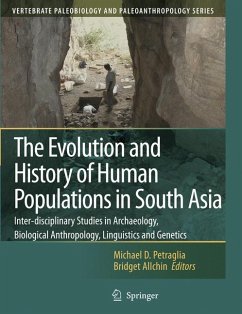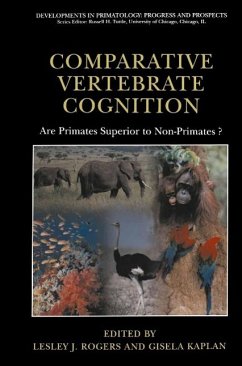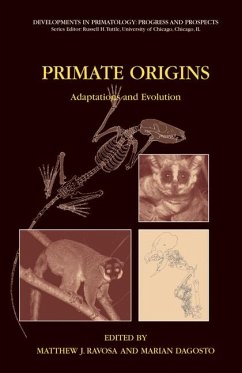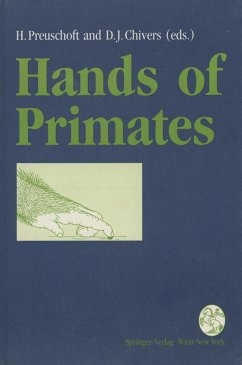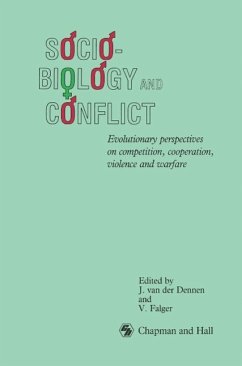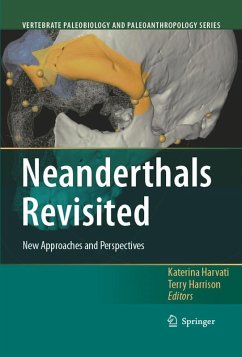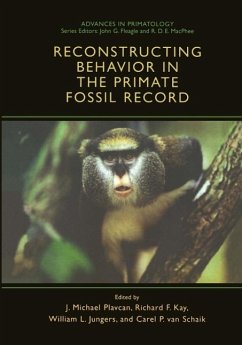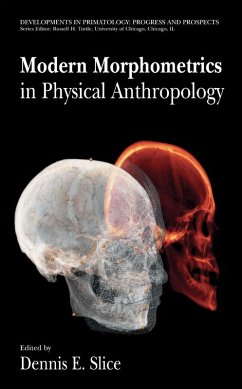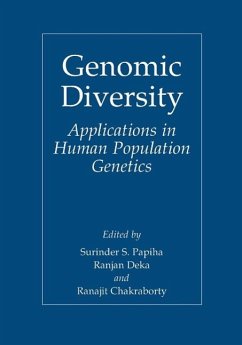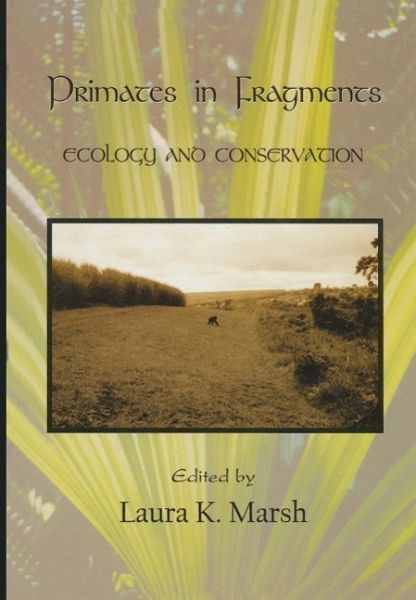
Primates in Fragments (eBook, PDF)
Ecology and Conservation
Redaktion: Marsh, Laura K.
Versandkostenfrei!
Sofort per Download lieferbar
40,95 €
inkl. MwSt.
Weitere Ausgaben:

PAYBACK Punkte
20 °P sammeln!
This volume was created initially from a symposium of the same name presented at the International Primatological Society's XVIII Congress in Adelaide. South Australia. 6-12 January 2000. Many of the authors who have contributed to this text could not attend the symposium. so this has become another vehicle for the rapidly growing discipline of Fragmentation Science among primatologists. Fragmentation has quickly become a field separate from general ecology. which underscores the severity of the situation since we as a planet are rapidly losing habitat of all types to human disturbance. Gettin...
This volume was created initially from a symposium of the same name presented at the International Primatological Society's XVIII Congress in Adelaide. South Australia. 6-12 January 2000. Many of the authors who have contributed to this text could not attend the symposium. so this has become another vehicle for the rapidly growing discipline of Fragmentation Science among primatologists. Fragmentation has quickly become a field separate from general ecology. which underscores the severity of the situation since we as a planet are rapidly losing habitat of all types to human disturbance. Getting ecologists. particularly primatologists. to admit that they study in fragments is not easy. In the field of primatology. one studies many things. but rarely do those things (genetics. behavior. population dynamics) get called out as studies in fragmentation. For some reason "fragmentation primatologists" fear that our work is somehow "not as good" as those who study in continuous habitat. We worry that perhaps our subjects are not demonstrating as robust behaviors as they "should" given fragmented or disturbed habitat conditions. I had a colleague openly state that she did not work in fragmented forests. that she merely studied behavior when it was clear that her study sites. everyone of them. was isolated habitat. Our desire to be just another link in the data chain for wild primates is so strong that it makes us deny what kinds of habitats we are working in. However.
Dieser Download kann aus rechtlichen Gründen nur mit Rechnungsadresse in A, B, BG, CY, CZ, D, DK, EW, E, FIN, F, GR, HR, H, IRL, I, LT, L, LR, M, NL, PL, P, R, S, SLO, SK ausgeliefert werden.



